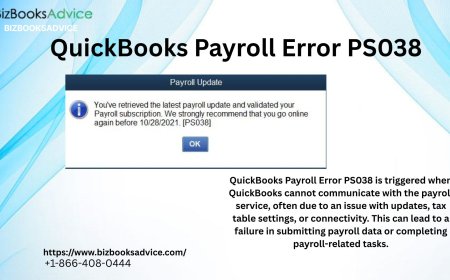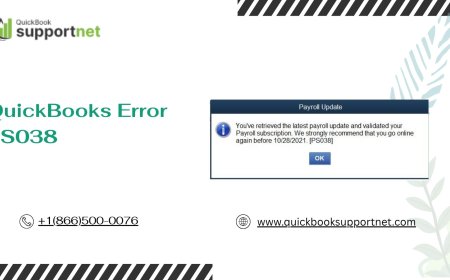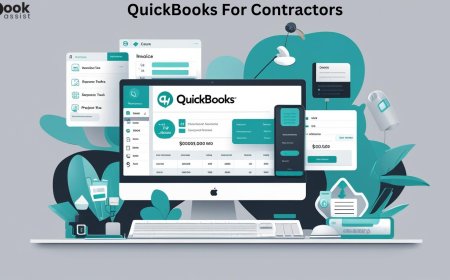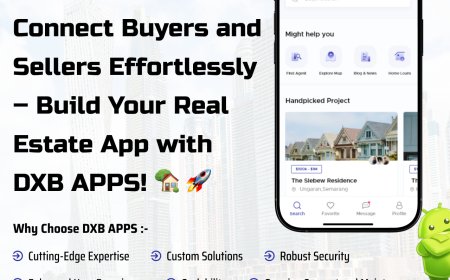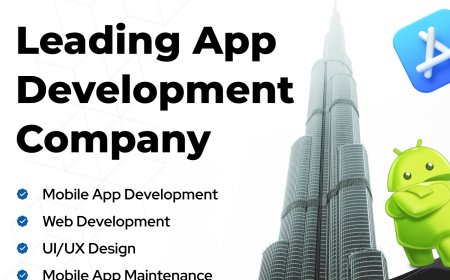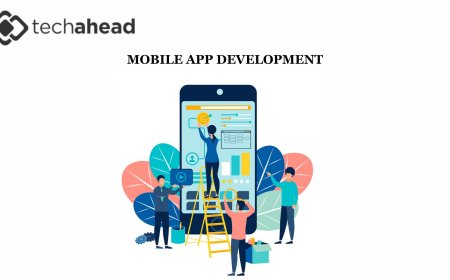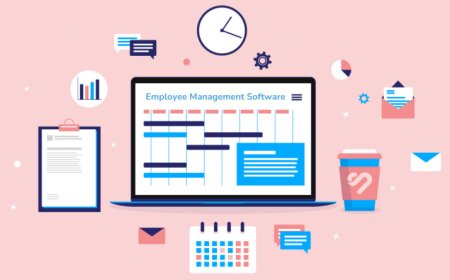Mistakes Startups Make When Hiring App Developers
Startups often make key mistakes when hiring app developers, such as choosing the cheapest option, unclear project goals, poor communication, or skipping technical evaluations. This article explores these common errors and offers tips to help startups hire the right talent for successful app development.

In the rush of building the next big thing, most startups pour everything into their product ideatime, energy, capital, and sleepless nights. But overlook one critical factor:whos building it?
Hiring app developers might sound straightforward, but its one of the trickiest and most underestimated decisions early-stage founders make. Not because talent is hard to find (it is), or because budgets are tight (they usually are). But the process gets tangled in unrealistic expectations, poor vetting, vague requirements, and sometimes, plain wishful thinking.
In real terms, a mis-hire here doesnt just delay your launch; it could derail your product entirely, blow your runway, and shake investor confidence. If you are also a startup and planning to hire app developers for your project, here in this post, well break down themost common yet costly mistakes startups make when hiring app developers.
1. Following Low Costs Over Real Value
Lets face it: for startups, every penny counts. Thats where the first bait lies. Most founders gravitate toward the cheapest developers or agencies possible. They really cant afford higher prices; yet, in doing so, they are actually paying hidden costs. Cheap code usually means improper architecture, no documentation, and spaghetti logic that someone will have to sort out at twice the cost.
Even worse, it leads to all the unnecessary features on the app, missed deadlines, and user experience compromises. Price might be right, but value is what really matters. Always consider the value for long-term gains rather than merely the upfront price tag.
2. Not Having a Product Roadmap or Vision
One of the most avoidable mistakes comes about with bringing on a development team before fully figuring out what youre building. Simple, really, but a silent killer. Startups often hand over half-baked ideas to developers, expecting them to figure it out.
Developers write the code, not the strategy. When you dont enter with a roadmap: outline your core features, user flow, and monetization planyoure trying to trick someone into guessing at your vision. Almost never works. You need to be perfectly clear about what your app is, who its for, and where its going before you talk to anycustom mobile app development company.
3. Skipping Communication and Cultural Fit Checks
Now heres one thing that seldom gets talked about: Good communication is more important than good code. Fast changes happen in the startup environment, and clarity is king. Many founders hire incredibly talented developers who cannot communicate what they are doing; these developers provide vague updates or outright disappear halfway through a development sprint.
The resulting confusion just creates friction and wastes time. And so much worsethe erosion of trust. Whether hiring remote or in-house, test your developer for responsiveness and transparency, and put some weight on how well they speak your business language. The best tech skills in the world matter for nothing if the communication gap is wider than the Himalayas.
4. Ignoring Tech Stack Alignment
Simply because a developer can write code doesnt mean theyre right for your product. Every app has its own peculiar needs-real time updates, very native access to the device, high scalability, etc. Youve unknowingly signed yourself up for rework or limitation.
Now, check what tech stack is included inmobile application development services. Take care in knowing precisely what technologies your product needs. Is it Flutter or React Native? Or are you Kotlin or Swift? The developers you hire must be experts in that and that alone.
5. Forgoing the Due Diligence on Past Work
In an astounding number of cases, one sees a startup looking at a developers portfolio and thinking, That looks good, without ever really getting to the core of its meaning. A huge mistake. A gorgeous UI does not tell you whether the app is solid, scalable, or maintainable. Ask for links to live apps, not just screenshots from a gallery.
Download the app they developed. Test its loading time, how smooth the UX feels, the frequency of crashes, and how often they update. Better still, demand some references or even genuine client testimonials. Anycustom mobile app development companyworth its salt will gladly put you in touch with previous clients. Dont accept mere assurances- you want to see the track record.
6. Not Setting Clear Roles and Ownership
Another landmine-allowing developers on board without clarifying ownership. In other words, does your developer just implement, or should he also work on the architecture? And when will it be supported after launch? Will they sign an NDA? What about code ownership or deployment tooling access? These particular things are not truly orthogonal.
Many startups found the hard way when developers left and took all the access (or code) with them. From day one, these are very important: written-in-stone clear roles, responsibilities, and expectations. This will save you from a lot of headaches and make it all professional from the start.
Conclusion
In the world of early-stage chaos and tight funding, its easy to fall into the just ship it mentality. They come from rushing decisions, unclear thinking, and skipping the groundwork. Hiring app developers is a turning point.
Shortcuts in hiring almost always show up later as expensive problems. Be intentional. Be precise. And above all, treat the hiring process with the same clarity and conviction you expect from the people you bring on board.
Therefore, before you step into development, it is crucial to find an experienced and reliablemobile app development companythat can assist you in building your dream product without any failure or mistakes.












